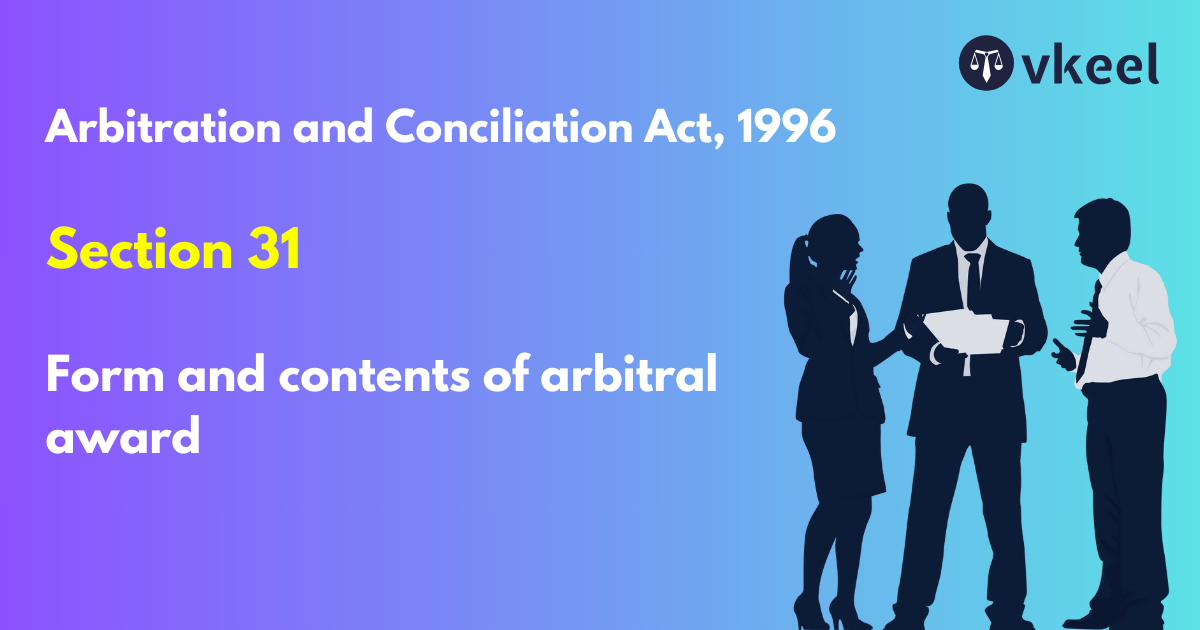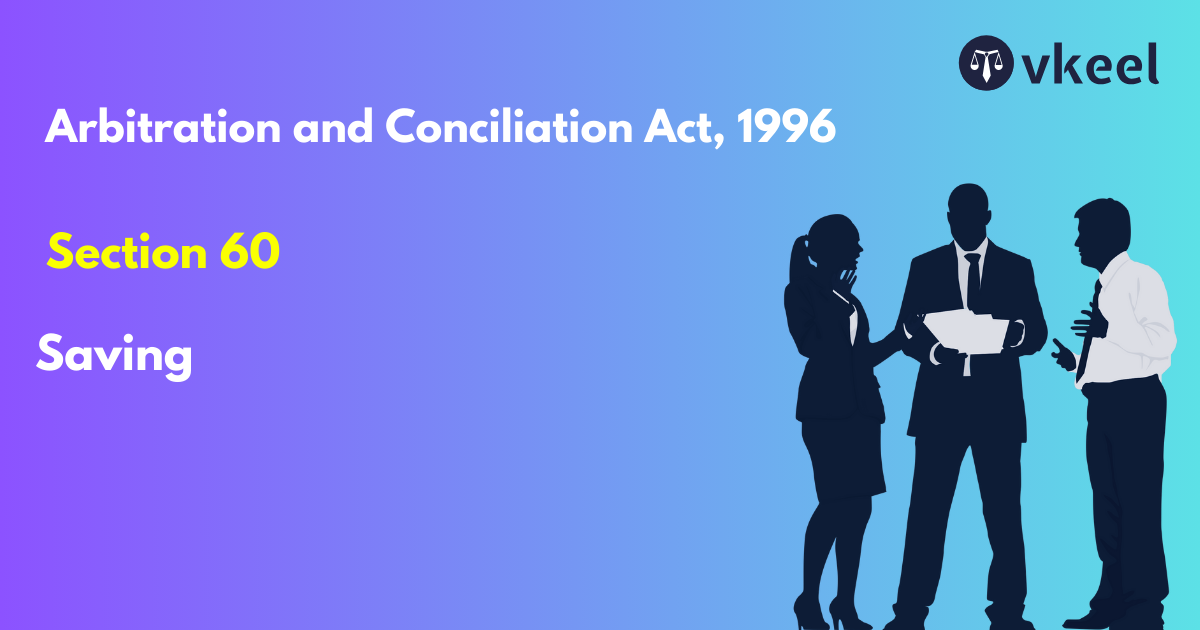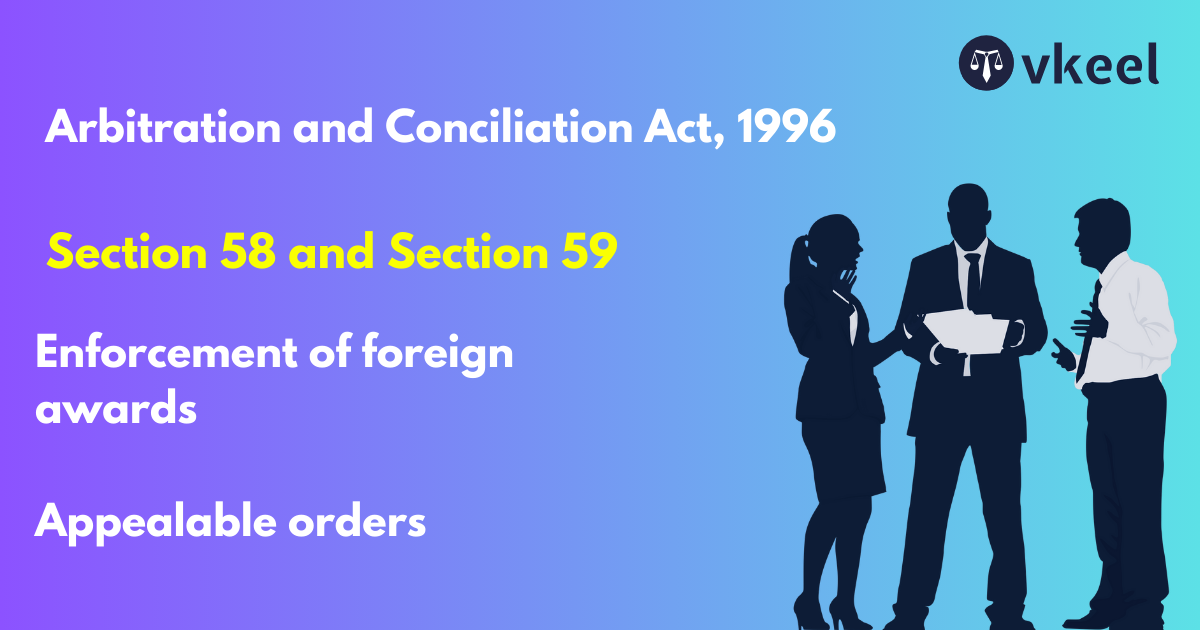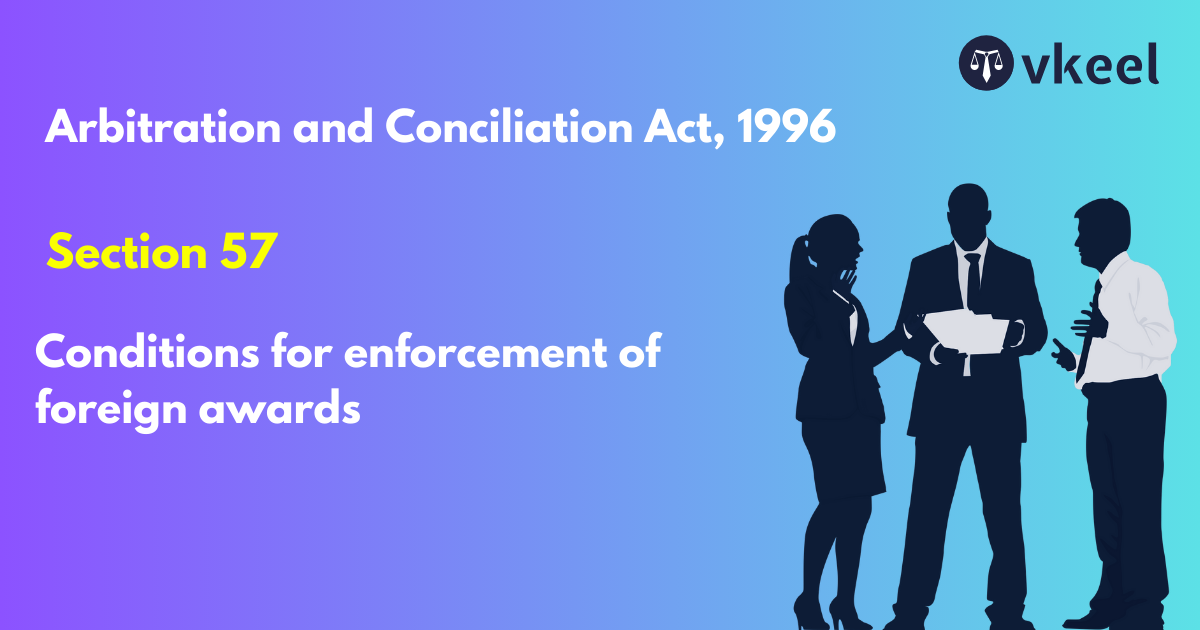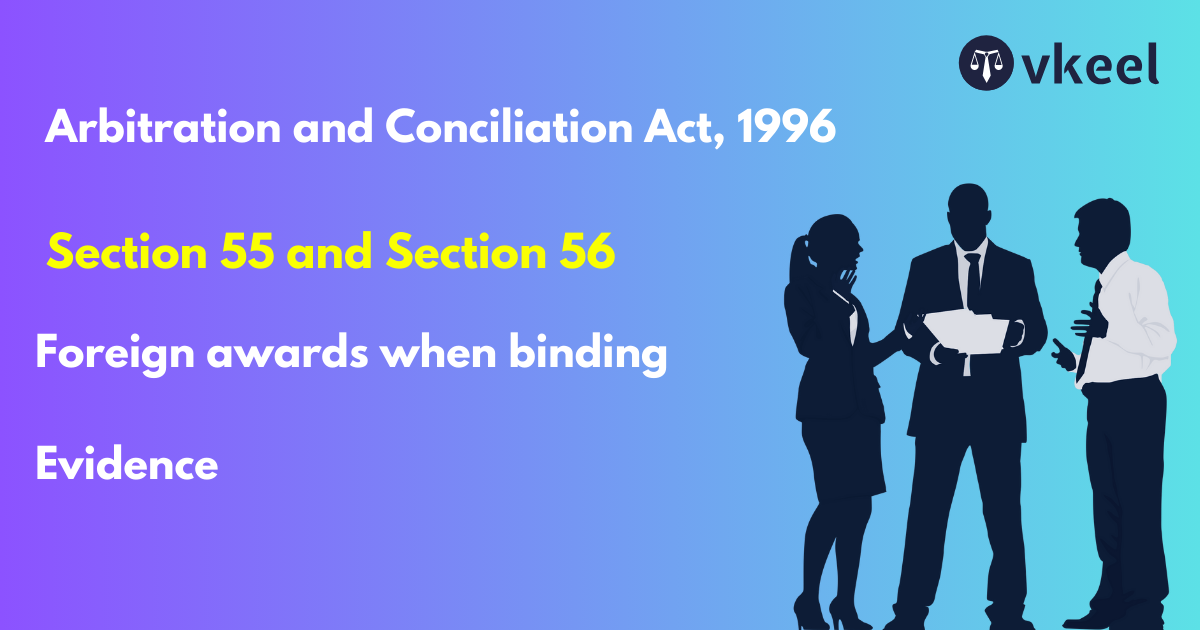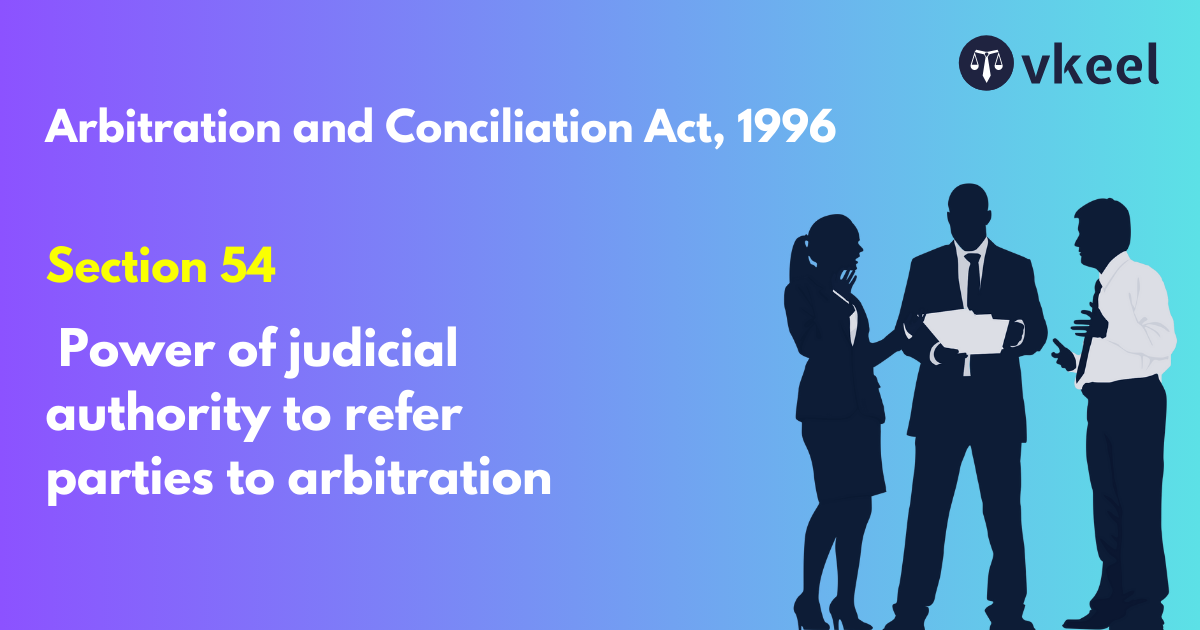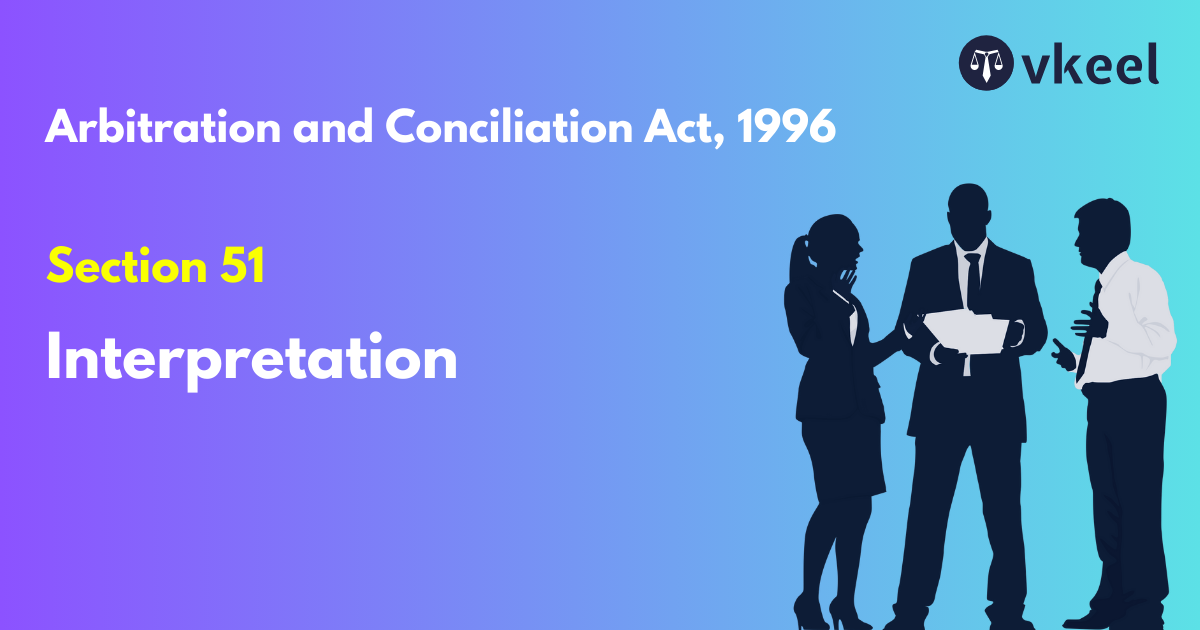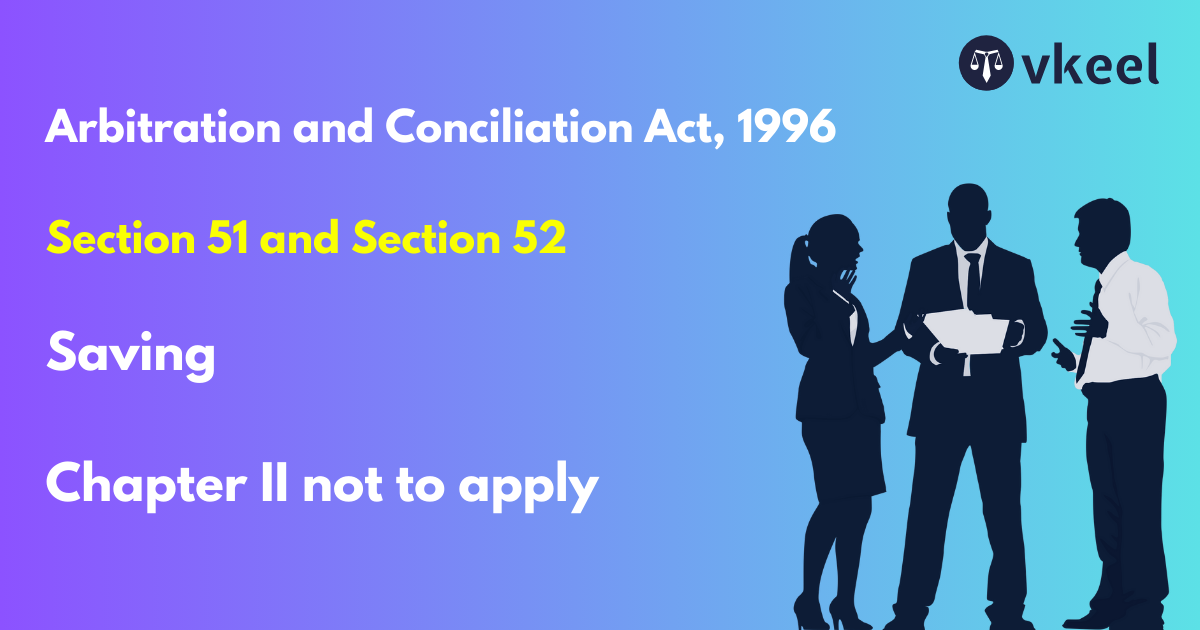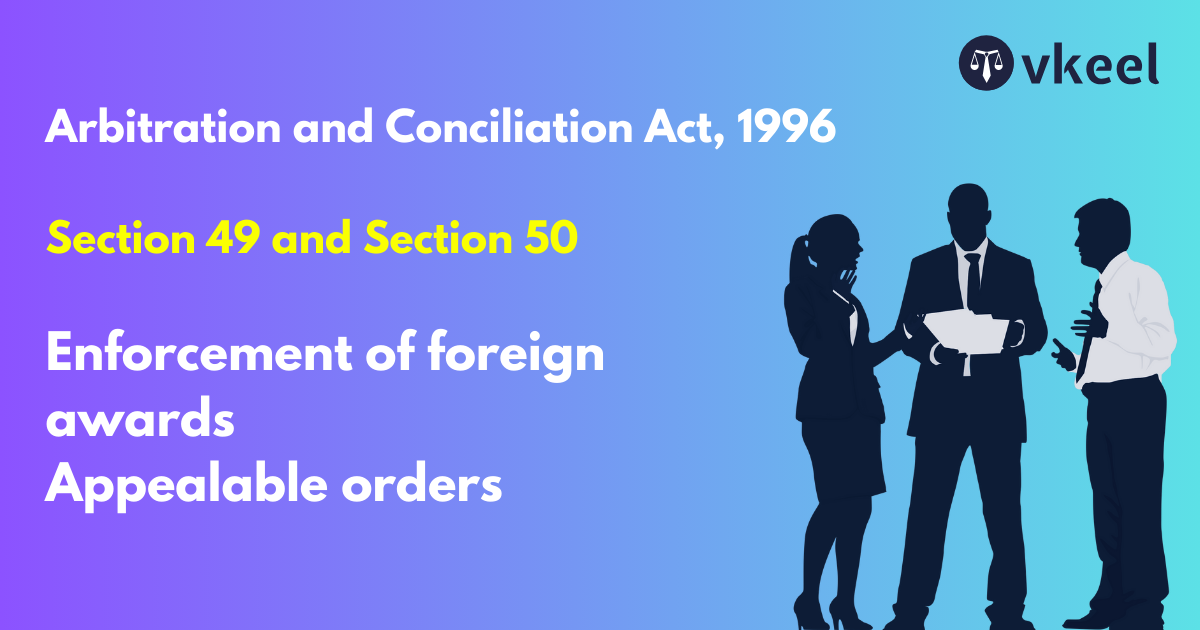Section 31: Arbitration and Conciliation Act, 1996
By Nivedita Dhiman
Table of Contents
Introduction of Section 31
Section 31 of the arbitration and conciliation act ensures that arbitral awards are produced in a very structured and obedient manner. The arbitral tribunal is obliged to state the date when the award had been signed. This helps in calculating the future interest and also determines whether the contractual requirement of making of the award within the agreed time, has been complied with. If the tribunal does not indicate the date on which the award had been made, then it may be taken to be the date when the last member of the arbitral tribunal had signed the award provided he had indicated the date.
The tribunal is given powers to decide what is to be taken to be the date upon which the award is made, and in the absence of such decision, the date of award is to be the date on which it is signed by the arbitrator, or where one or more arbitrators sign the award, by the last of them.
Section 31 of arbitration and conciliation act
Form and contents of arbitral award
(1) An arbitral award shall be made in writing and shall be signed by the members of the arbitral tribunal.
(2) For the purposes of sub-section (1), in arbitral proceedings with more than one arbitrator, the signatures of the majority of all the members of the arbitral tribunal shall be sufficient so long as the reason for any omitted signature is stated.
(3) The arbitral award shall state the reasons upon which it is based, unless—
(a) the parties have agreed that no reasons are to be given, or
(b) the award is an arbitral award on agreed terms under section 30.
(4) The arbitral award shall state its date and the place of arbitration as determined in accordance with section 20 and the award shall be deemed to have been made at that place.
(5) After the arbitral award is made, a signed copy shall be delivered to each party.
(6) The arbitral tribunal may, at any time during the arbitral proceedings, make an interim arbitral award on any matter with respect to which it may make a final arbitral award.
(7) (a) Unless otherwise agreed by the parties, where and in so far as an arbitral award is for the payment of money, the arbitral tribunal may include in the sum for which the award is made interest, at such rate as it deems reasonable, on the whole or any part of the money, for the whole or any part of the period between the date on which the cause of action arose and the date on which the award is made.
1[(b) A sum directed to be paid by an arbitral award shall, unless the award otherwise directs, carry interest at the rate of two per cent. higher than the current rate of interest prevalent on the date of award, from the date of award to the date of payment.
Explanation.—The expression “current rate of interest” shall have the same meaning as assigned to it under clause (b) of section 2 of the Interest Act, 1978 (14 of 1978).]
2[(8) The costs of an arbitration shall be fixed by the arbitral tribunal in accordance with section 31A.]
Explanation.—For the purpose of clause (a), “costs” means reasonable costs relating to—
(i) the fees and expenses of the arbitrators and witnesses,
(ii) legal fees and expenses,
(iii) any administration fees of the institution supervising the arbitration, and
(iv) any other expenses incurred in connection with the arbitral proceedings and the arbitral award.
Landmark Judgements of section 31
OP Verma v Lala Gehrilal, AIR 1962
The Act contemplates only a written award and though an oral award is not capable of enforcement according to the scheme and provisions of the Act, such an award is not illegal and can form a valid consideration for a promissory note or cheque or a like instrument upon the basis of which a suit is maintainable.
Subhash Projects and Marketing Ltd v Assam Water Supply and Sewerage Board, AIR 2003
This section does not prescribe any particular form or manner of passing an award. An award is an expression of an adjudication of a dispute between the parties and as long as the manifestation of the decision on the dispute raised is clear and unambiguous, it will not be correct to hold an award to be invalid merely because it does not subscribe to any particular format.
SA Fasludeen v Siyauddin, 2018
Three days before pronouncement of award, one of the arbitrators, was killed in a road accident. Accordingly, the award was signed by the remaining aw arbitrators. It was held that the award made by the two arbitrators is null and void even though draft may have been prepared while the third arbitrator was alive. Further, a new arbitral tribunal shall have to be reconstituted for adjudication afresh.
Conclusion of section 31
The above-mentioned section 31 of the Act brings clarity and fairness in the process of arbitration. Clear guidelines are established in the section for the purpose of formulation and documentation of arbitral awards. The award resolves all the issues in the arbitration thereby ensuring transparency and accountability.
Disclaimer:
The information provided in the article is for general informational purposes only, and is not intended to constitute legal advice or to be relied upon as a substitute for legal advice. Furthermore, any information contained in the article is not guaranteed to be current, complete or accurate. If you require legal advice or representation, you should contact an attorney or law firm directly. We are not responsible for any damages resulting from any reliance on the content of this website.

